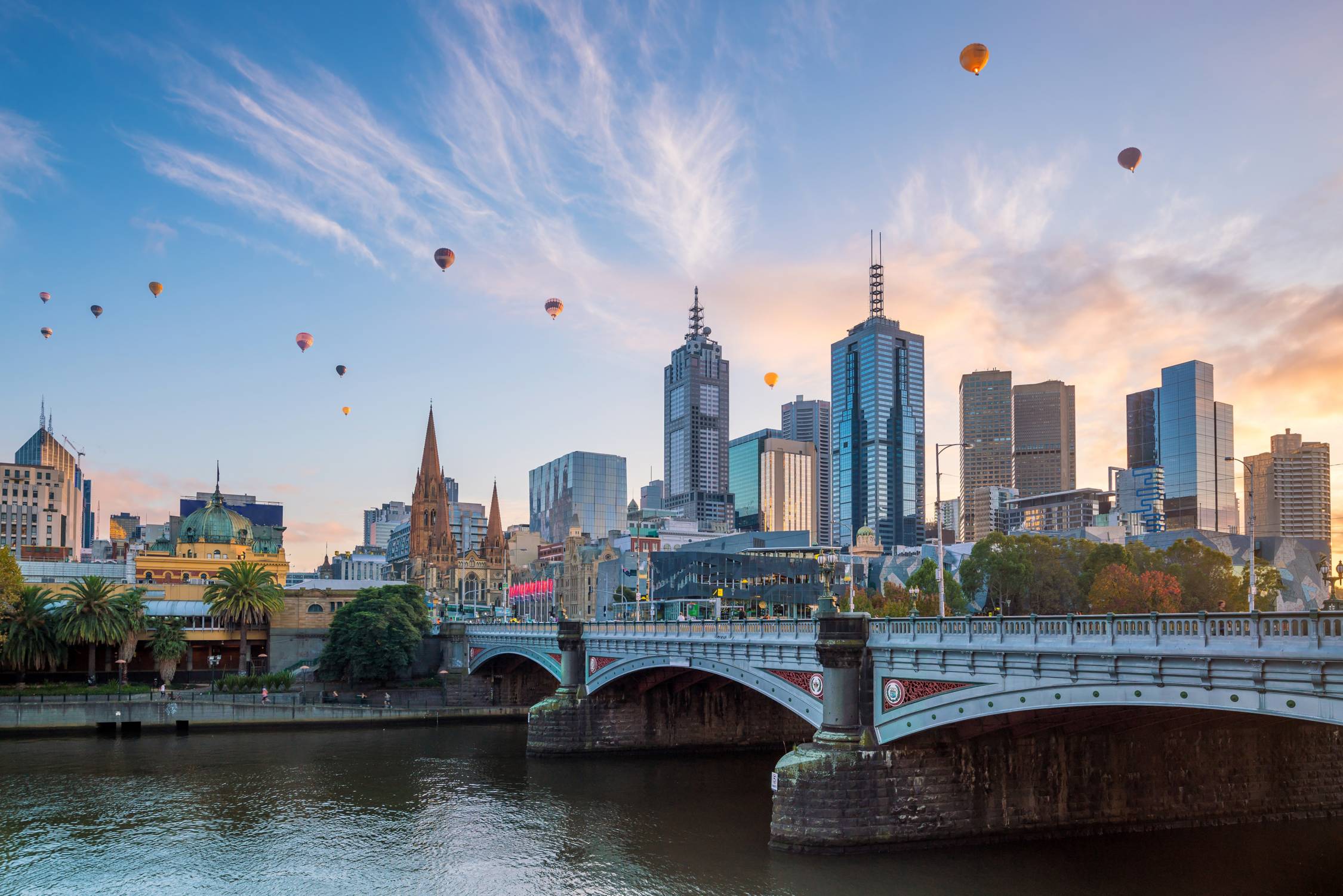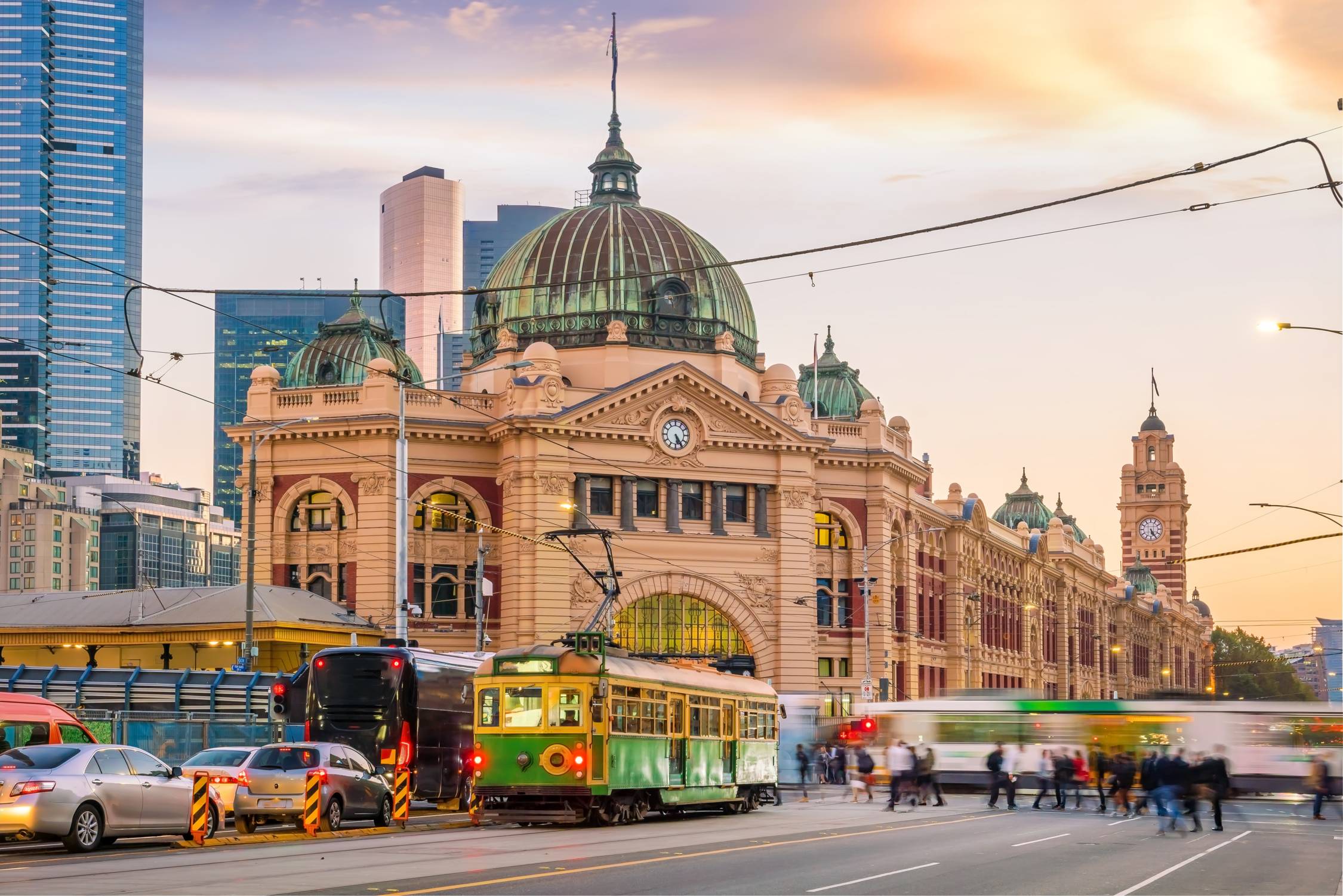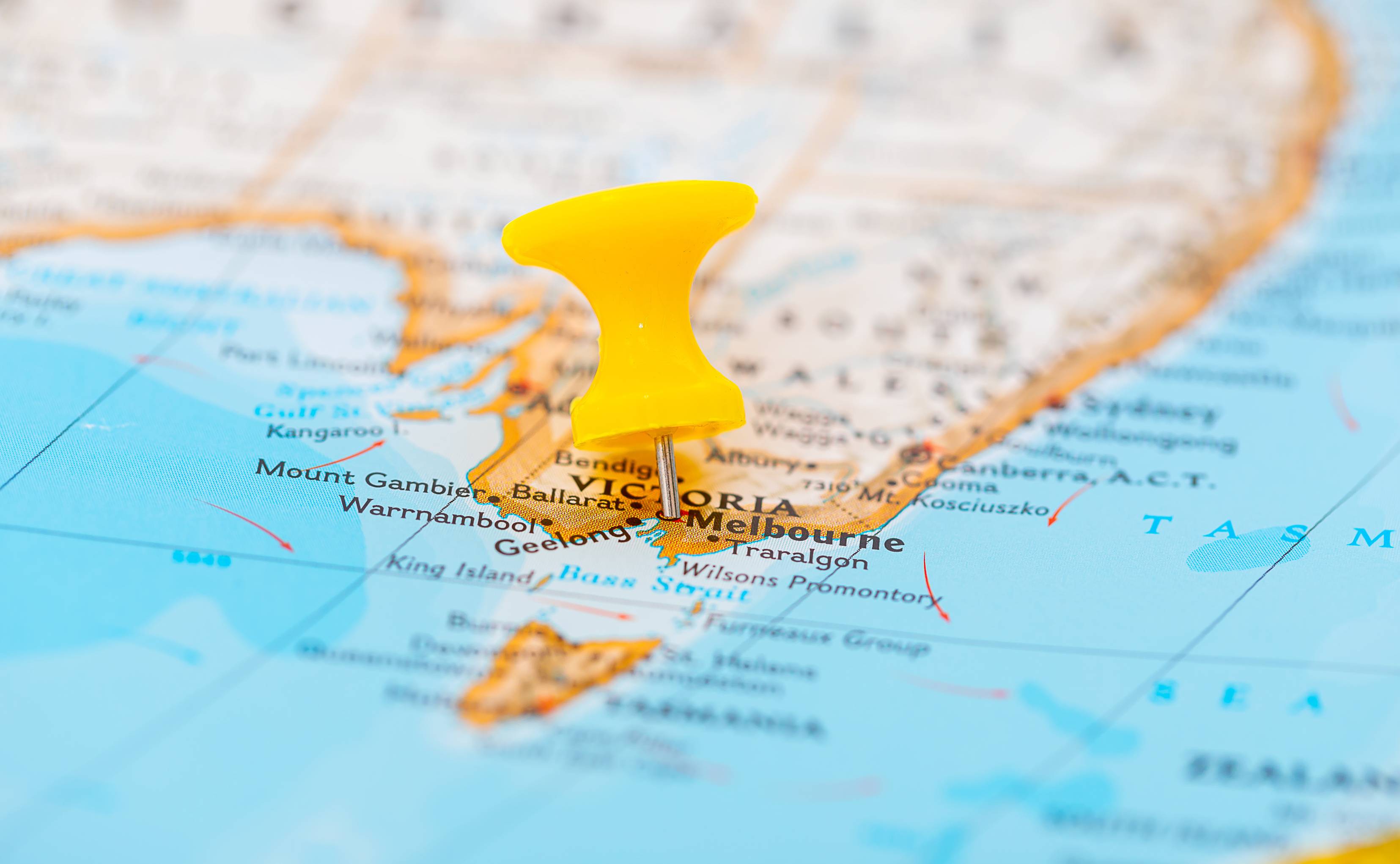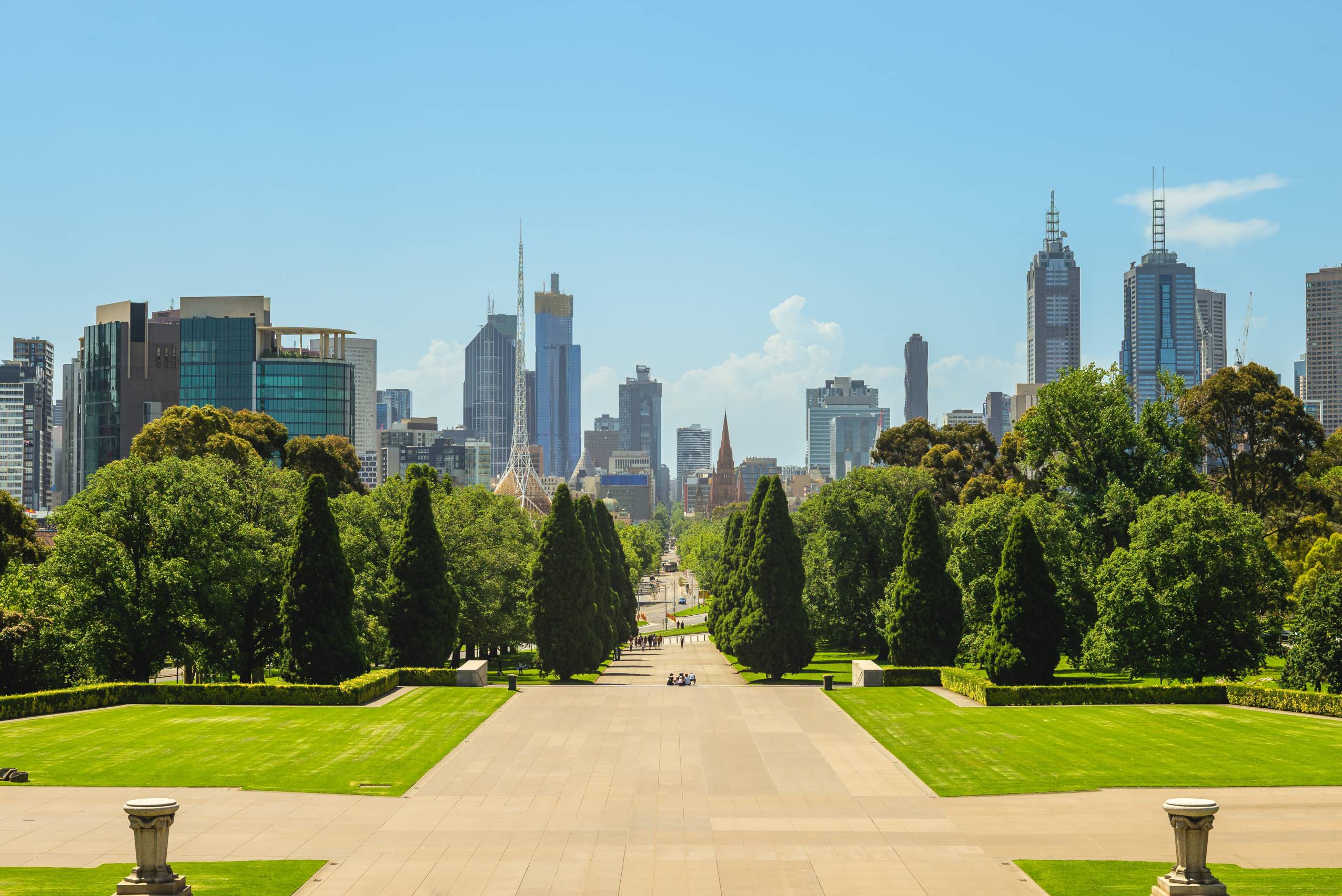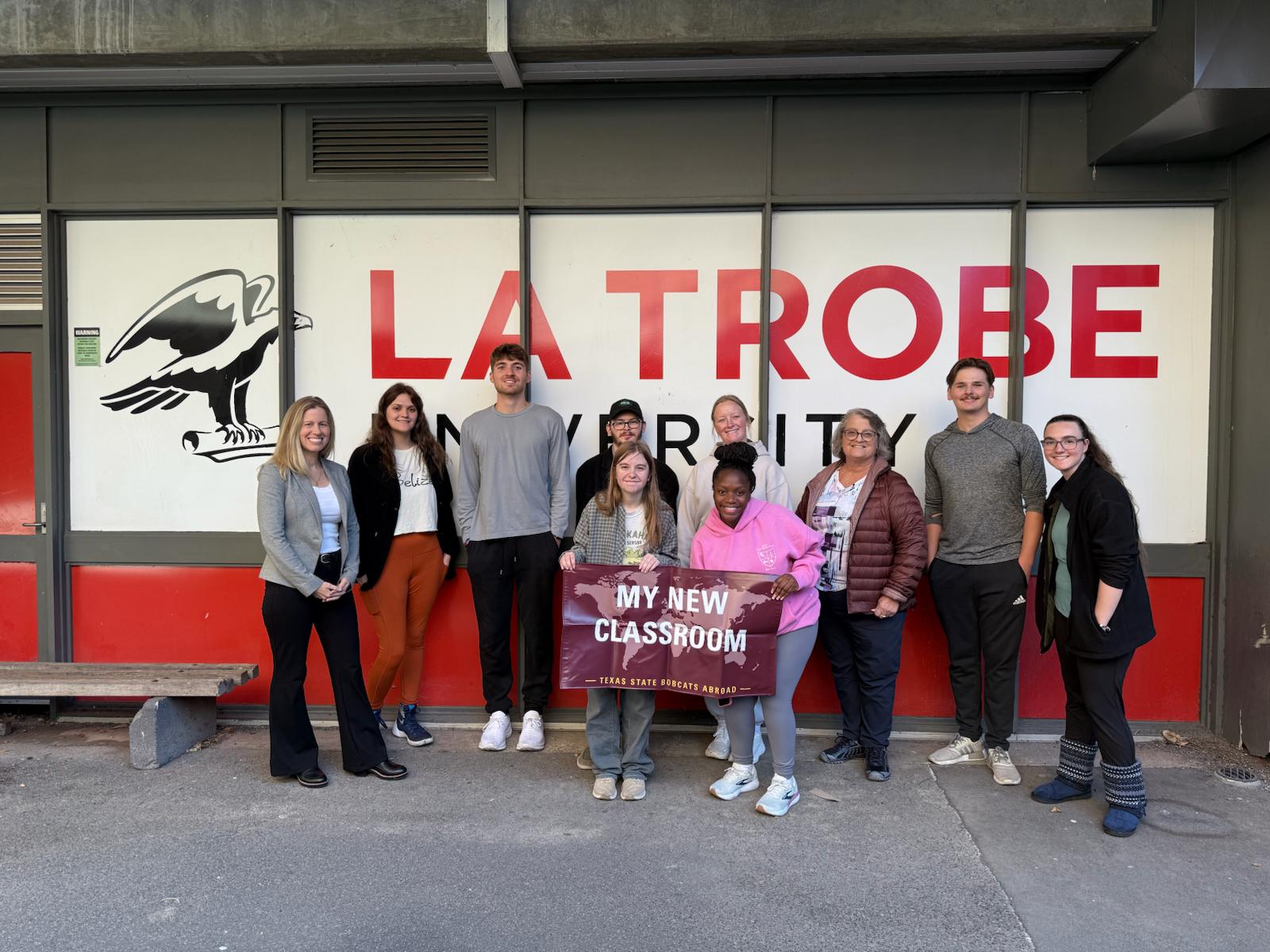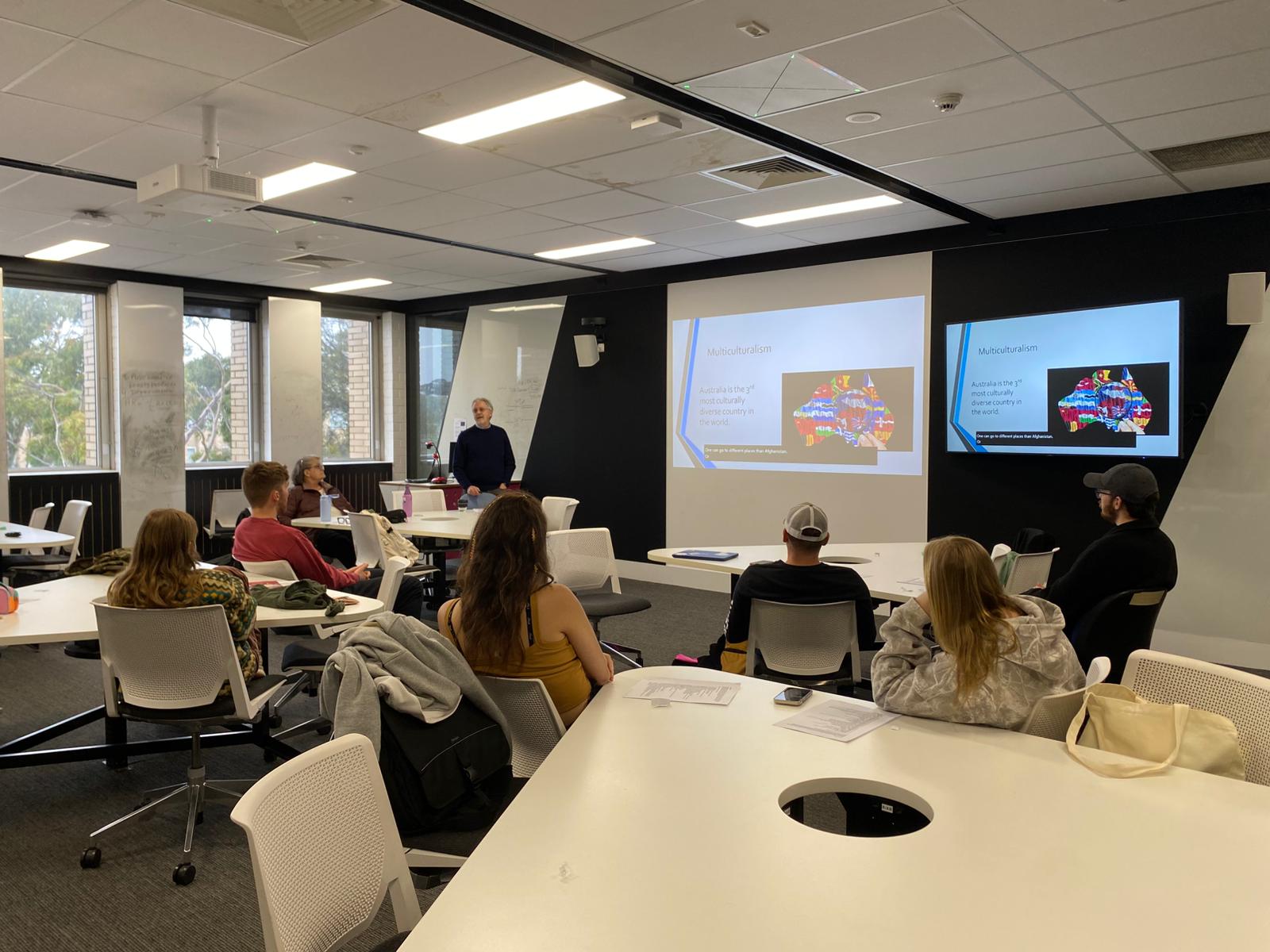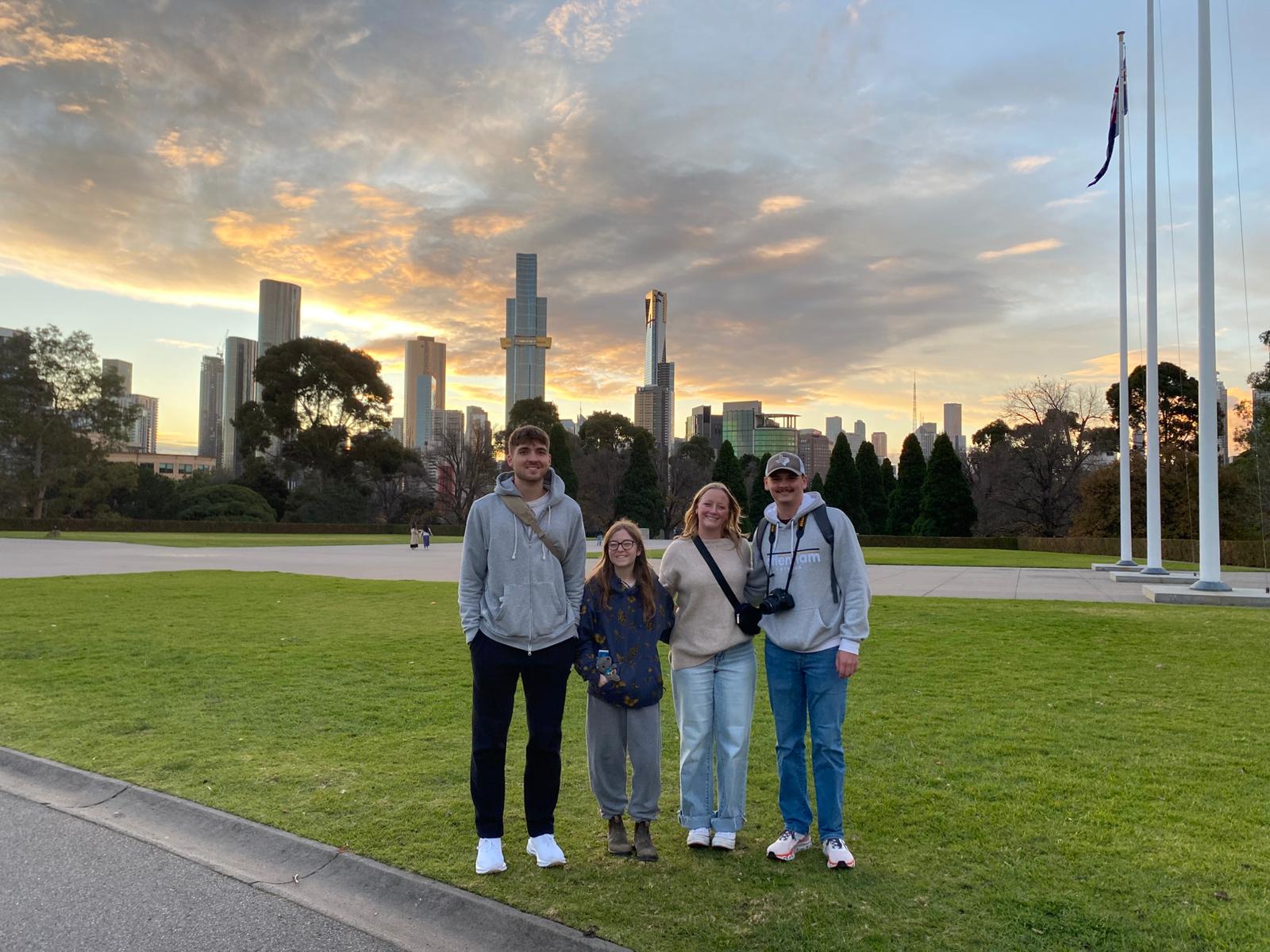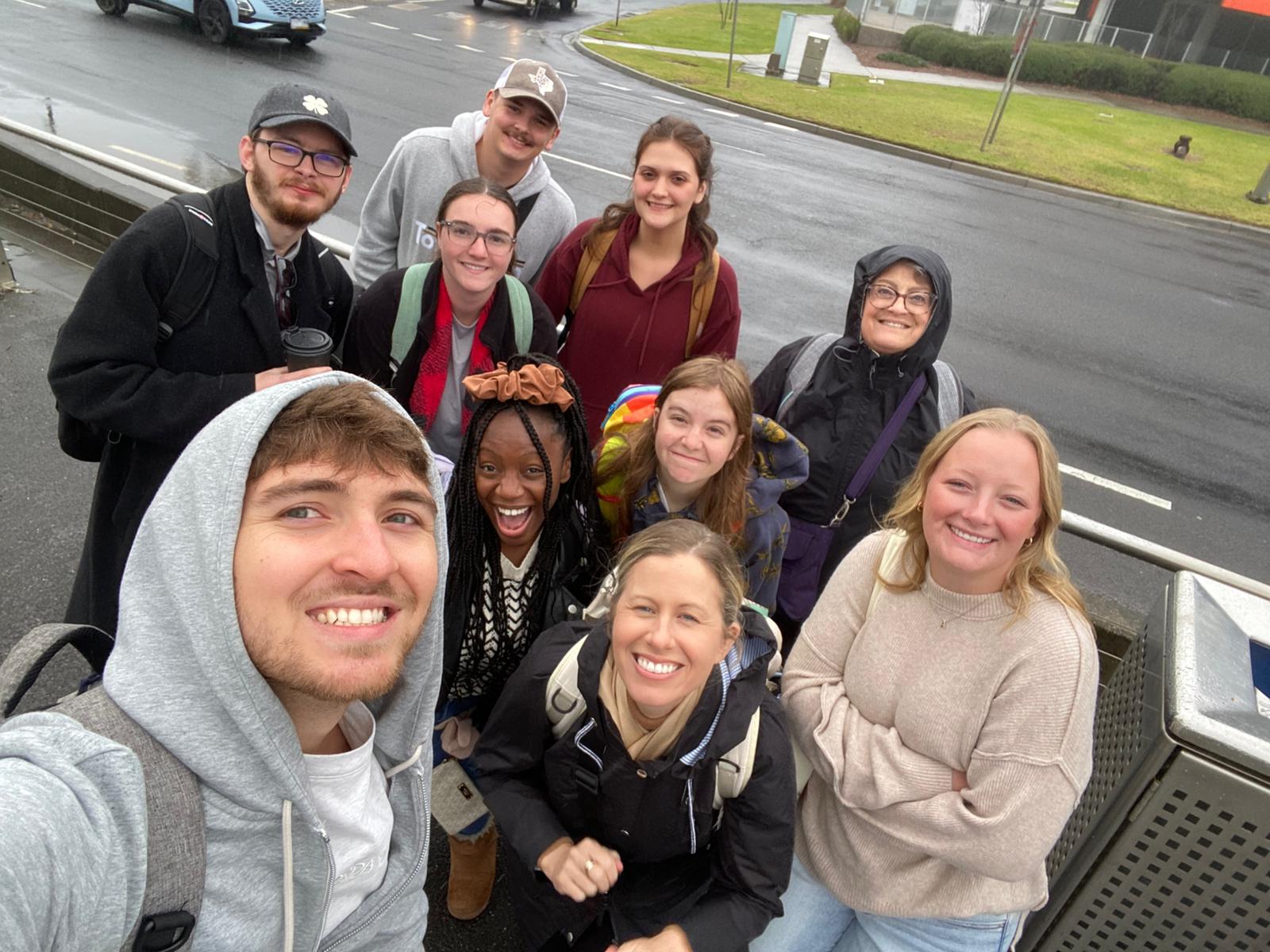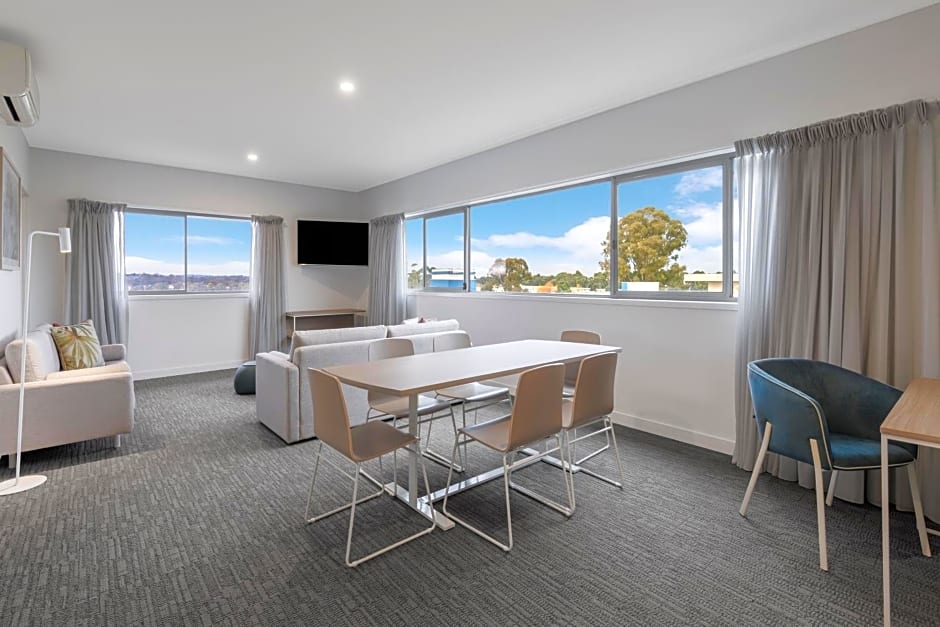All program information is subject to change.
Location & Partner
Melbourne, Australia
Melbourne, the capital of Victoria, Australia, is a dynamic and cosmopolitan city. Known as a cultural hub, Melbourne hosts galleries, live music, street art, and theaters. With a diverse and multicultural population, Melbourne offers a rich culinary and cultural landscape. The city is also a major economic center, with an extensive public transportation network.
La Trobe University
TXST is partnering with La Trobe University which is a public research university based in Melbourne, Australia, with several campuses across Victoria. Established in 1964, it is renowned for its commitment to excellence in teaching and research.
Courses
PH 3348 - Prevention of Disease
Ms. Hillarie Garnier
This course provides an overview of the etiology of communicable and chronic diseases with special emphasis on health promotion activities to reduce the incidence of disease in communities and society.
Undergraduate level students can take this course.
PH 5348 - Prevention of Disease
Ms. Hillarie Garnier
This course provides an overview of the etiology of communicable and chronic diseases with special emphasis on health promotion activities to reduce the incidence of disease in communities and society.
Graduate level students can take this course.
REC 3325 - Recreation & Sport Administration & Management
Dr. Jo An Zimmermann
This course covers administrative practices relevant to entry-level professionals in the recreation industry. Topics include foundations of management, decision-making, planning, coordination of resources, and ethics in the public recreation sector.
Undergraduate level students can take this course.
REC 5337 - Recreation & Sport Administration & Management
Dr. Jo An Zimmermann
This course will involve individual study related to Recreation and Sport Management under direct supervision of a faculty member. The methodology will vary dependent upon the area studied but will usually culminate with an in-depth written product. Students will attend class with REC 3325.
Graduate level students can take this course.
The courses will be 5 weeks long, with 3 weeks of in person coursework in Melbourne, and 2 week of online coursework post travel.
While abroad, class will be held Monday - Thursday in classrooms at the La Trobe Bundoora campus. Each course will have around 10 students enrolled.
TXST Hub faculty are encouraged to incorporate the international location and culture into the course to create a meaningful learning experience for the students. La Trobe students and faculty will be invited to collaborate with TXST counterparts during the program through guest lectures and other activities.
Dates
Abroad
- Sunday, June 28th, 2026: Students arrive in Melbourne, Australia
- Saturday, July 18th, 2026: Students depart Melbourne, Australia
To Apply
- October 13th, 2025: Applications Open
- January 21st, 2026: Applications Close
Accommodation
Students will stay at the apartment style hotel Quest Bundoora, located just 15 minutes away by tram from the La Trobe campus. Students will be sharing rooms with 2-4 other students on the program. Each room will have a shared bathroom, kitchen, patio, and living room space. Quest Bundoora has onsite laundry, gym, outdoor patio, and Wi-Fi. Students will be within walking distance of a grocery store, coffee shop, and restaurants.
Cost
$200 Application Fee (non-refundable)
$300 Deposit (non-refundable)
$2,075 Program Fee Balance
$1,068.24 Undergraduate Tuition or $1,289.58 Graduate Tuition
$3,643.24 Total for Undergraduate Students
$3,864.58 Total for Graduate Students
Airfare and Incidentals
Students should expect to pay the cost of airfare and incidentals such as food, souvenirs, tourist activities, etc. which are costs not paid to TXST.
Application Fee
This is a non-refundable fee that students will pay when applying to the program.
Deposit
This non-refundable deposit will be due by February 15th, 2026, and confirms the student's participation in the program.
Program Fee
This fee goes towards student accommodation, classroom use, and other program logistics while abroad. This will be due in May of 2026.
Tuition
Undergraduate students will pay $1,068.24 to earn credit for the 3 credit hour class they take while abroad. This will be due in May of 2026.
Transportation
Arrival and Departure
Students will be picked up by a shuttle service and taken from the Melbourne airport to the accommodations for arrival and departure.
To Class and Around the City
Students can use the public bus and tram close to access the Bundoora campus and the heart of the city.
How to Apply
- Meet with Academic Advisor to complete the required Academic Advising Form.
- Submit application to specific Hub course with the following:
- $200 application Fee (non-refundable)
- Signed Academic Advising Form
- If requested, meet with Hub Faculty to discuss application and program.
- Wait for decision email.
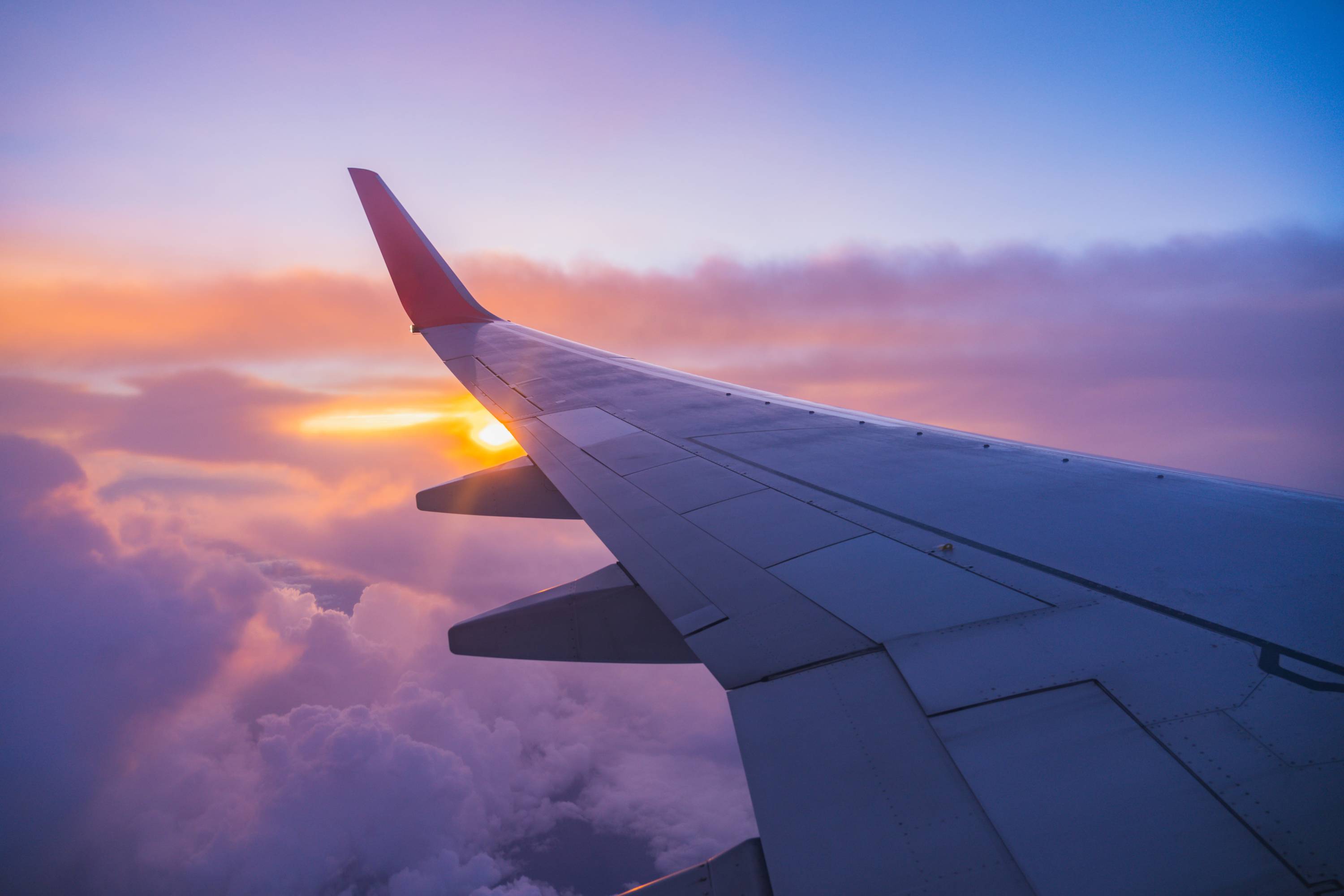
Student Expectations
Academic
Students on the Hub Program are expected to maintain a high standard of academic performance and integrity while abroad. While abroad students should expect to attend all classes, complete assignments on time, and actively participate in their coursework. Students should prepare to proactively manage their time and balance academic responsibilities with their free time during the program.
Behavior
As a participant on the Hub Program, students are expected to exhibit behavior that reflects positively on themselves and Texas State University. Students should demonstrate mature, responsible, and respectful behavior at all times while on the program. This includes respecting the cultural norms of the host country, being kind to fellow students and faculty, and treating classroom and living spaces with consideration. Upholding these standards will help ensure a successful program experience for everyone involved.
Physical and Mental Health
Students on the Hub Program are expected to prioritize their physical and mental health while abroad. This includes maintaining a physically healthy lifestyle by eating well, staying hydrated, taking necessary medication, and getting enough sleep. Students should be prepared for the physical demands of their new environment, such as different climates, terrain, or levels of activity.
Equally important is prioritizing mental health while abroad. Adjusting to a new culture and environment can be hard, and it's normal for students to experience some anxiety, culture shock, or homesickness during their time abroad. Students should prepare to experience these challenges during the program and develop a plan on how best to prioritize their own mental well-being while on the program.

